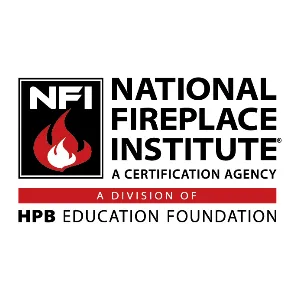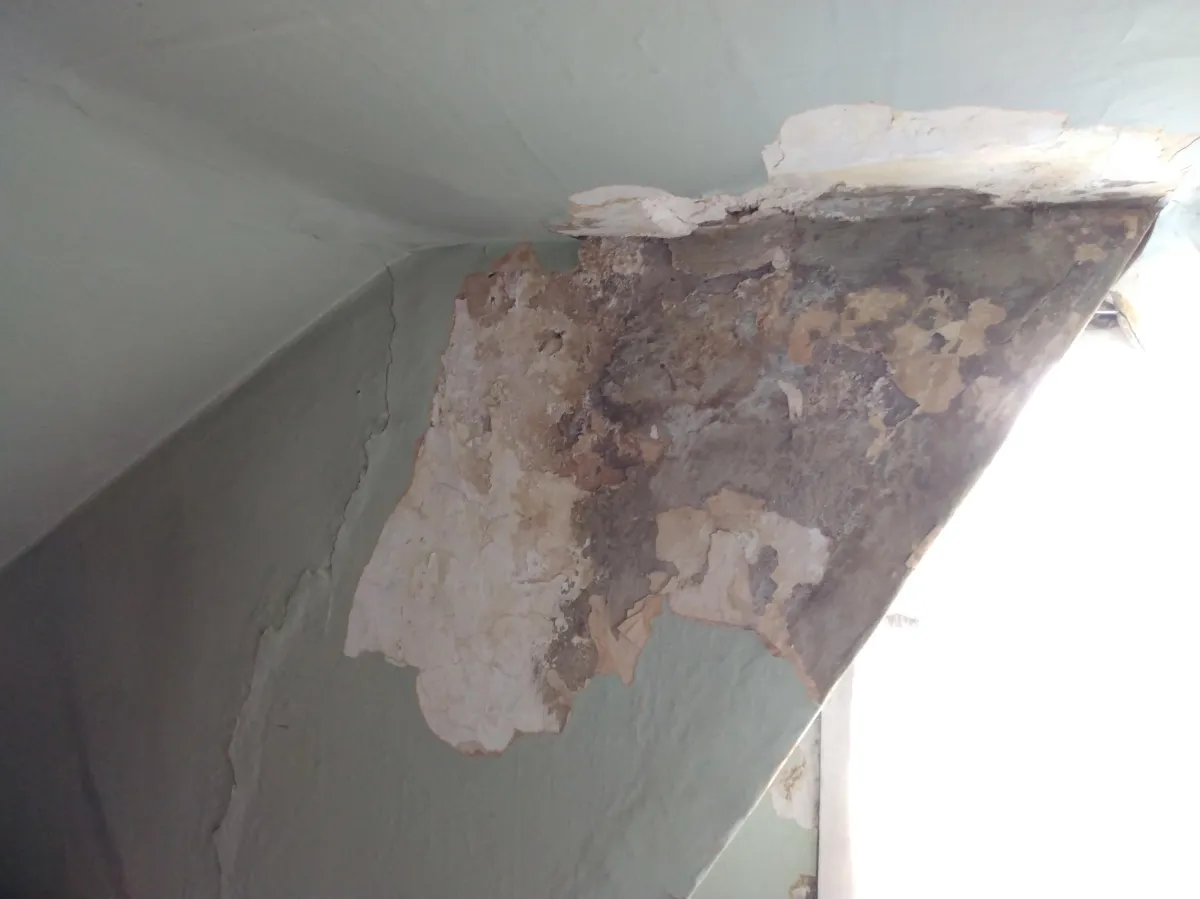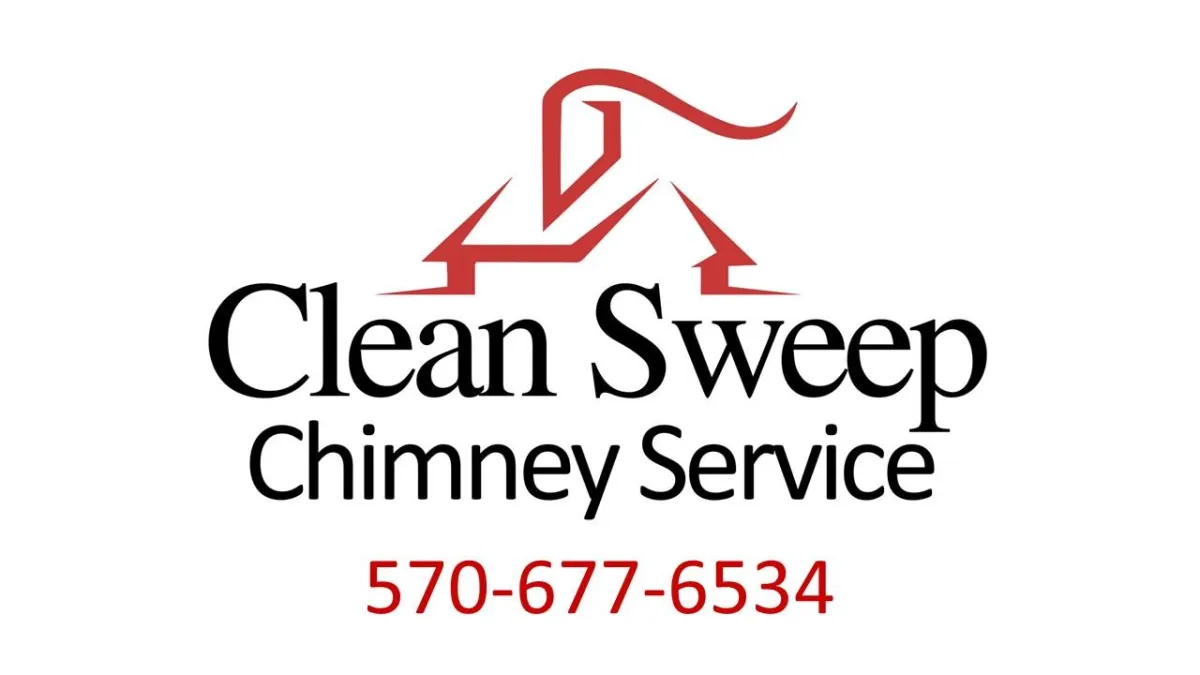FAQs
How often should my chimney be cleaned?
This a tougher question than it sounds. The simple answer is: The National Fire Protection Association Standard 211 says, “Chimneys, fireplaces, and vents shall be inspected at least once a year for soundness, freedom from deposits, and correct clearances. Cleaning, maintenance, and repairs shall be done if necessary.” This is the national safety standard and is the correct way to approach the problem. It takes into account the fact that even if you don’t use your chimney much, animals may build nests in the flue or there may be other types of deterioration that could make the chimney unsafe to use.
I heat with gas or oil. Should my chimney be checked too?
Without a doubt! Although gas and oil are generally clean-burning fuels, the chimney can become non-functional from bird nests or other debris blocking the flue. Modern furnaces can also cause many problems with the average flues intended to vent the older generation of furnaces. Many times a chimney liner needs to be replaced.
Have you received professional training? Do you carry any certifications?
Yes and yes. Multiple times a year we take classes to continue our education. Some of these are classroom settings others are hands-on. We are certified through the Chimney Safety Institute of America as a “Certified Chimney Sweep”. We also carry the “Certified Chimney Journeyman” and the “National Fireplace Institute: Wood Burning Specialist” certifications.
You can check out their websites to verify our status and that of others.
Chimney Safety Institute of America -CSIA.org
National Chimney Sweep Guild - ncsg.org
Homeowner Resources – National Fireplace Institute (NFI) - nficertified.org
What is a chimney flue liner?
A flue lining in a masonry chimney is defined as “A clay, ceramic, or metal conduit installed inside of a chimney, intended to contain the combustion products, direct them to the outside atmosphere, and protect the chimney walls from heat and corrosion.”
Although building codes vary from one state or locality to another, the installation of flue lining has been recommended since the early part of this century, and indeed most fire codes now mandate liners.
In the 1940’s and again in the 1980’s, masonry chimneys were tested by the National Bureau or Standards for durability due to rising concerns about their performance and safety. The tests revealed that unlined chimneys were so unsafe that researchers characterized building a chimney without a liner as “little less than criminal”.
Why not install an aluminum chimney liner, aren’t they much cheaper?
Basically, they don’t last. Yes, they are listed for use with gas furnaces. This means they will not melt from the heat. But they will not withstand the extremely corrosive acids from the exhaust from a gas furnace. We do not ever install an aluminum liner because we only install a product that we know will last forever and keep your home and family safe. We will only install a stainless steel chimney liner.
Where is the water coming from?
Water can come from 2 sources. Externally or internally. Externally comes from the weather. There are 4 main water entry points. The flue opening (no rain cap), the crown, the porous brick/block and the flashing.
Internally the moisture comes an oil or gas furnace. The smoke you see leaving the chimney is actually steam. That steam cools down and condensates inside the chimney and soaks through the masonry, displaying itself as a water leak. This is a symptom of a flue liner that is beyond its serviceable life span. It will need to be replaced with a stainless steel chimney liner.




| THE MORE YOU KNOW
My chimney is wet and staining the wall upstairs, what is happening?
The smoke you see leaving the chimney is actually steam. That steam cools down and condensates inside the chimney and soaks through the masonry, displaying itself as a water leak.
This is a symptom of a flue liner that is beyond its serviceable life span
